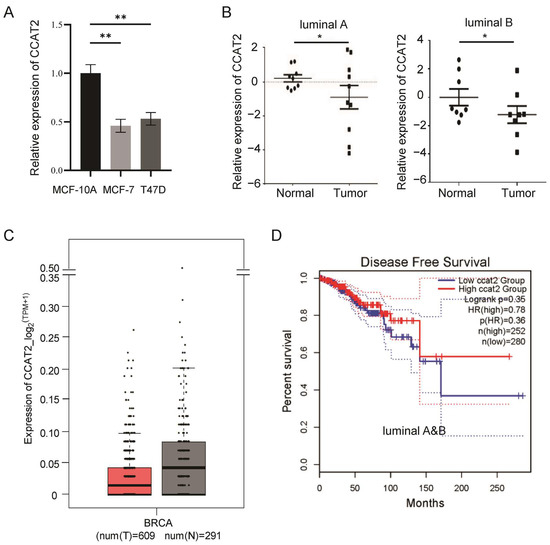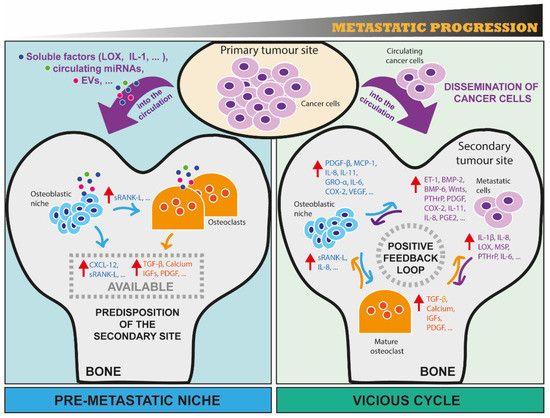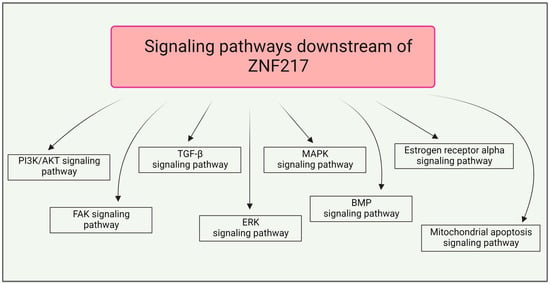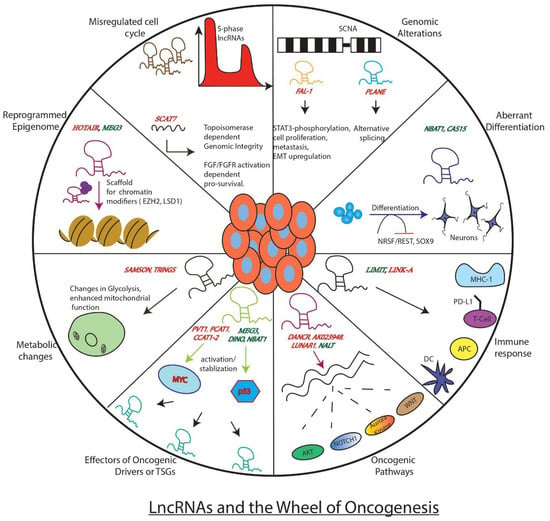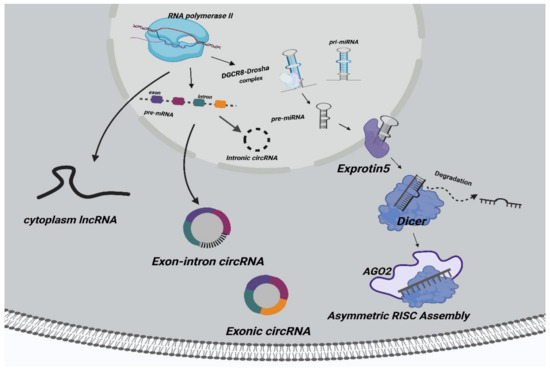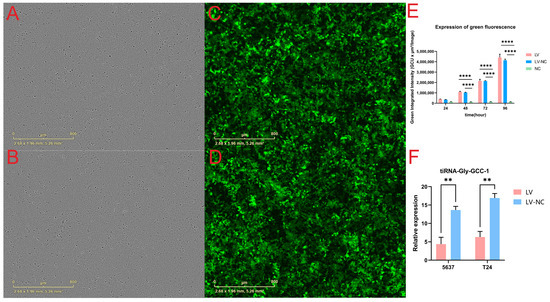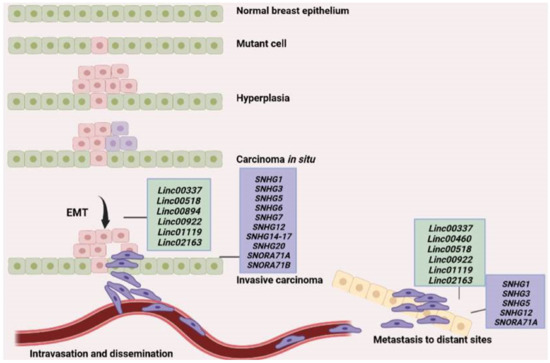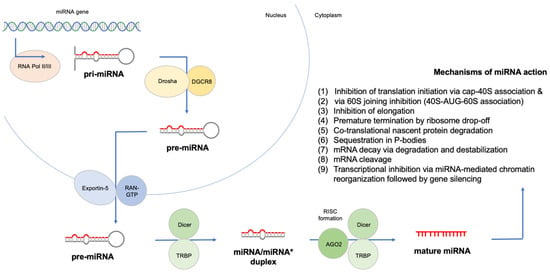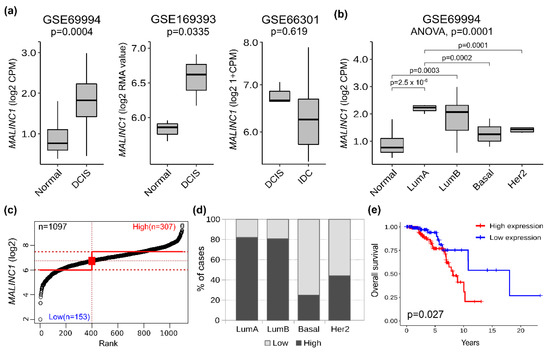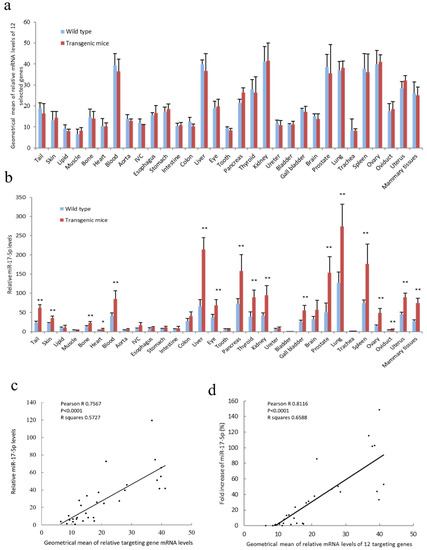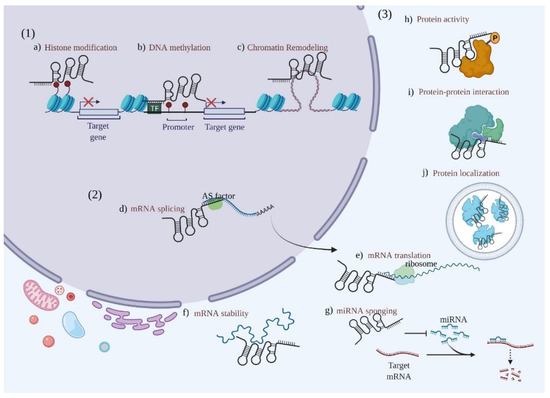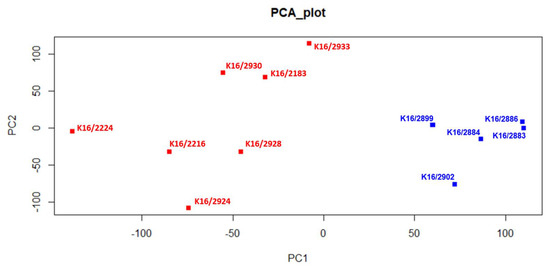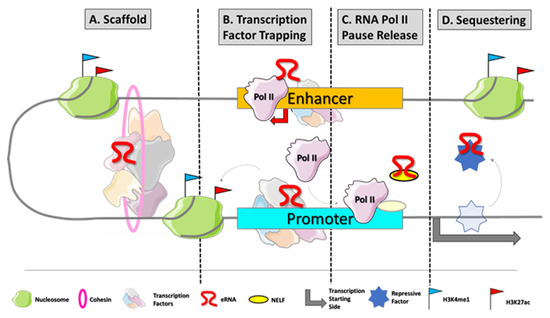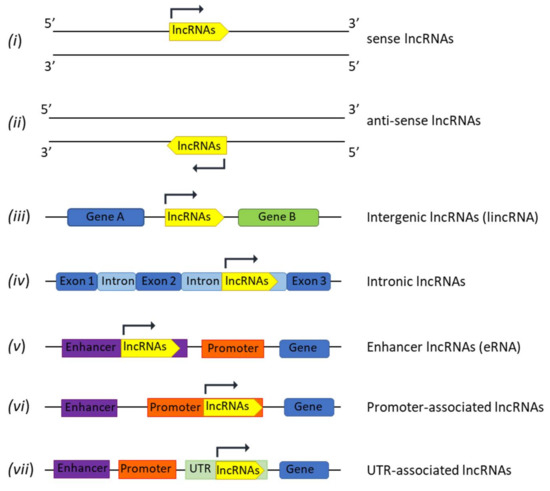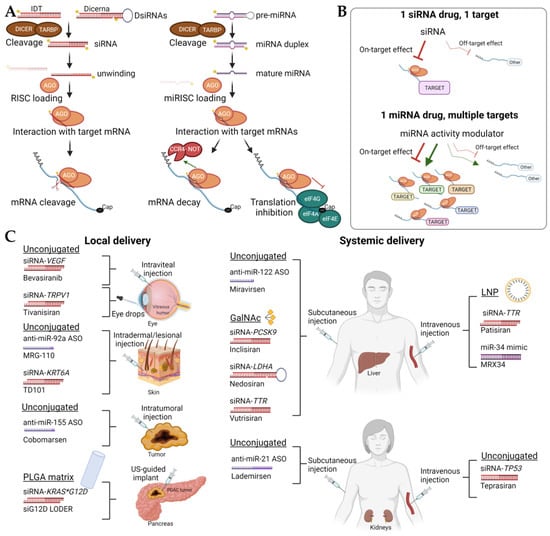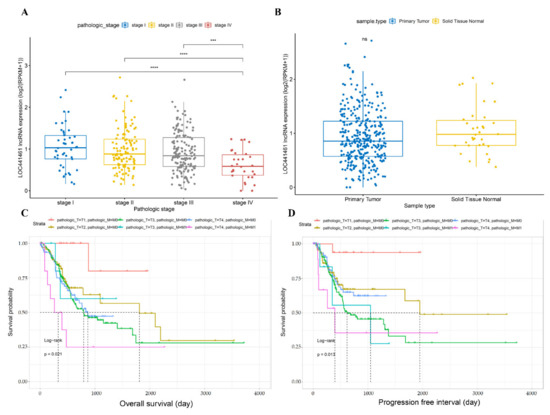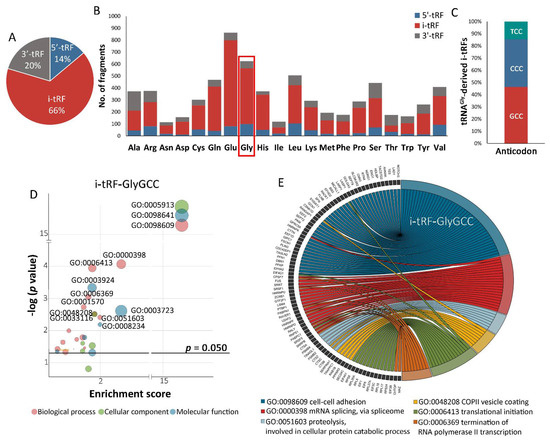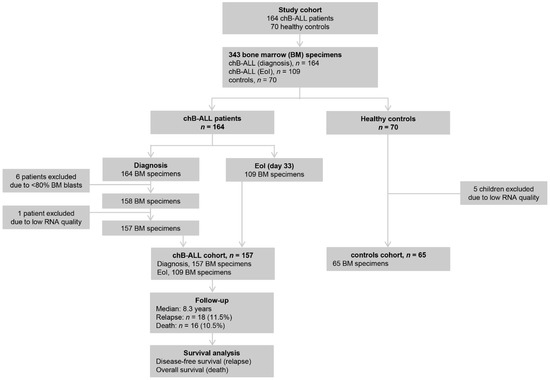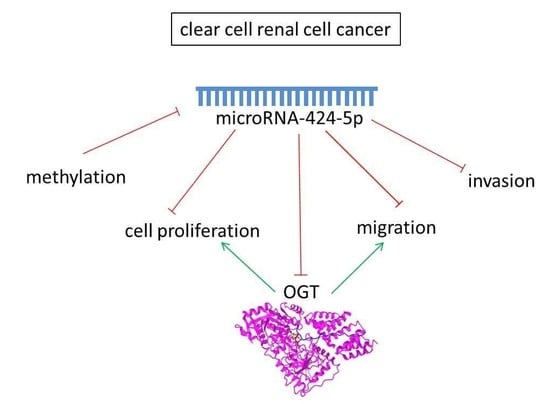Molecular Function and Clinical Value of Non-coding RNAs (ncRNAs) in Cancer Regulation (Closed)
A topical collection in Cancers (ISSN 2072-6694). This collection belongs to the section "Methods and Technologies Development".
Viewed by 62386Editors
Interests: cancer research; clinical cancer research; clinical biochemistry; molecular diagnostics; noncoding RNAs; miRNAs; lncRNAs; tRFs; epigenetics; cell-free DNA; molecular cancer markers
Interests: clinical biochemistry; molecular cancer markers; noncoding RNAs; miRNA; lncRNA; kallikrein-related peptidases; apoptosis; alternative splicing; NGS
Topical Collection Information
Dear Colleagues,
Only 2% of the human genome consists of protein-coding genes, while the ENCODE project has shown that >75% of the genome is actively transcribed into noncoding RNAs (ncRNAs). The increase of ncRNAs and their active implication in most cellular/molecular processes have challenged the concept of “junk DNA”, leading to a novel biochemically functional RNA family and to a modern dogma of gene expression regulation.
Although cancer research remains focused on protein-coding genes, non-coding genome regions and ncRNAs have gained ever-growing attention due to their central implication in regulation of gene expression and, thus, to tumorigenesis and cancer progression. Undoubtedly, microRNAs (miRNAs) and long noncoding RNAs (lncRNAs) represent the most studied classes of the family, but piwi-interacting RNAs (piRNAs), short-interfering RNAs (siRNAs), tRNA-derived fragments (tRFs), and circular RNAs (circRNAs) are emerging as novel promising targets of modern translational cancer research.
This Topical Collection of Cancers will focus on the molecular/biochemical functions of ncRNAs (miRNAs, lncRNAs, tRFs, piRNAs, circRNAs, etc.) in the complex background of tumorigenesis, cancer progression, and metastasis, as well as their clinical utility in modern molecular diagnostics for cancer diagnosis, prognosis, and treatment decisions/monitoring, supporting personalized disease management and precision medicine.
Dr. Margaritis Avgeris
Dr. Andreas Scorilas
Collection Editors
Manuscript Submission Information
Manuscripts should be submitted online at www.mdpi.com by registering and logging in to this website. Once you are registered, click here to go to the submission form. Manuscripts can be submitted until the deadline. All submissions that pass pre-check are peer-reviewed. Accepted papers will be published continuously in the journal (as soon as accepted) and will be listed together on the collection website. Research articles, review articles as well as communications are invited. For planned papers, a title and short abstract (about 100 words) can be sent to the Editorial Office for announcement on this website.
Submitted manuscripts should not have been published previously, nor be under consideration for publication elsewhere (except conference proceedings papers). All manuscripts are thoroughly refereed through a single-blind peer-review process. A guide for authors and other relevant information for submission of manuscripts is available on the Instructions for Authors page. Cancers is an international peer-reviewed open access semimonthly journal published by MDPI.
Please visit the Instructions for Authors page before submitting a manuscript. The Article Processing Charge (APC) for publication in this open access journal is 2900 CHF (Swiss Francs). Submitted papers should be well formatted and use good English. Authors may use MDPI's English editing service prior to publication or during author revisions.
Keywords
- ncRNAs
- miRNAs
- lncRNAs
- tRFs
- tiRNAs
- cricRNAs
- siRNAs
- piRNAs
- exosomes
- circulating ncRNAs
- gene expression regulation
- epigenetics
- tumor heterogeneity
- chemoresistance
- tumor immunogenicity
- miRISC
- cancer progression
- diagnosis
- prognosis
- personalized treatment
- treatment monitoring







